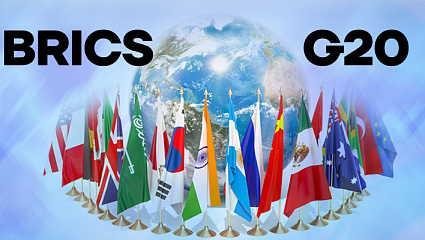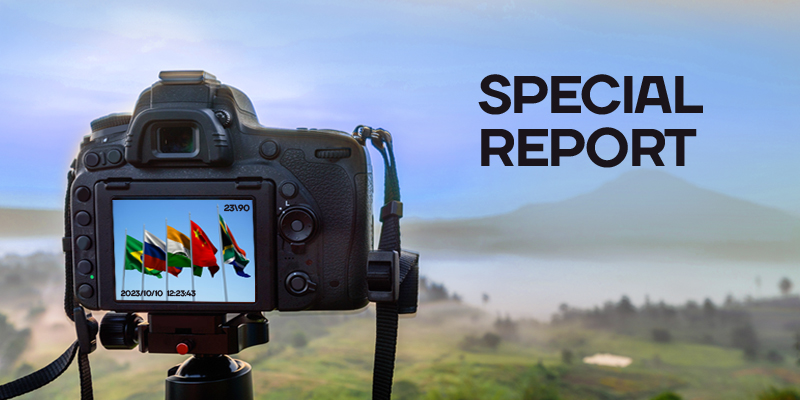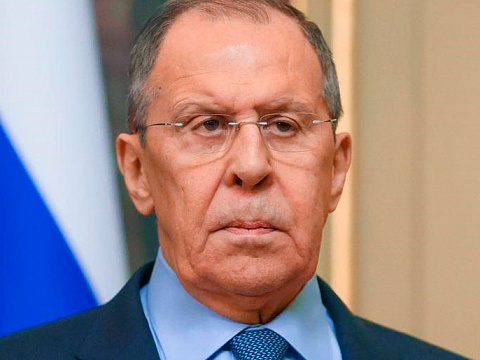The Impact of COVID-19 on Food Security and Nutrition
There is more than enough food in the world to feed our population of 7.8 billion people.
But, today, more than 820 million people are hungry.
And some 144 million children under the age of 5 are stunted – more than one in five children worldwide.
Our food systems are failing, and the Covid-19 pandemic is making things worse.
Unless immediate action is taken, it is increasingly clear that there is an impending global food emergency that could have long term impacts on hundreds of millions of children and adults.
This year, some 49 million extra people may fall into extreme poverty due to the COVID-19 crisis.
The number of people who are acutely food or nutrition insecure will rapidly expand.
Every percentage point drop in global Gross Domestic Product means an additional 0.7 million stunted children.
Even in countries with abundant food, we see risks of disruptions in the food supply chain.
We need to act now to avoid the worst impacts of our efforts to control the pandemic.
Today I am launching a Policy Brief on the Impact of COVID-19 on Food Security and Nutrition.
It has three clear findings.
First, we must mobilize to save lives and livelihoods, focusing attention where the risk is most acute.
That means designating food and nutrition services as essential, while implementing appropriate protections for food workers.
It means preserving critical humanitarian food, livelihood and nutrition assistance to vulnerable groups.
And it means positioning food in food-crisis countries to reinforce and scale up social protection systems.
Countries need to scale up support for food processing, transport and local food markets, and they must keep trade corridors open to ensure the continuous functioning of food systems.
And they must ensure that relief and stimulus packages reach the most vulnerable, including meeting the liquidity needs of small-scale food producers and rural businesses.
We have an opportunity to build a more inclusive and sustainable world.
Second, we must strengthen social protection systems for nutrition.
Countries need to safeguard access to safe, nutritious foods, particularly for young children, pregnant and breastfeeding women, older people and other at-risk groups.
And they need to adapt and expand social protection schemes to benefit nutritionally at-risk groups.
This includes supporting children who no longer have access to school meals.
Third, we must invest in the future.
We have an opportunity to build a more inclusive and sustainable world.
Let us build food systems that better address the needs of food producers and workers.
Let us provide more inclusive access to healthy and nutritious food so we can eradicate hunger.
And let us rebalance the relationship between food systems and the natural environment by transforming them to work better with nature and for the climate.
We cannot forget that food systems contribute up to 29 per cent of all greenhouse gas emissions, including 44 per cent of methane, and are having a negative impact on biodiversity.
If we do these things and more, as indicated by the brief we are launching today, we can avoid some of the worst impacts of the COVID19 pandemic on food security and nutrition – and we can do so in a way that supports the green transition that we need to make.







 DIGITAL WORLD
DIGITAL WORLD





































